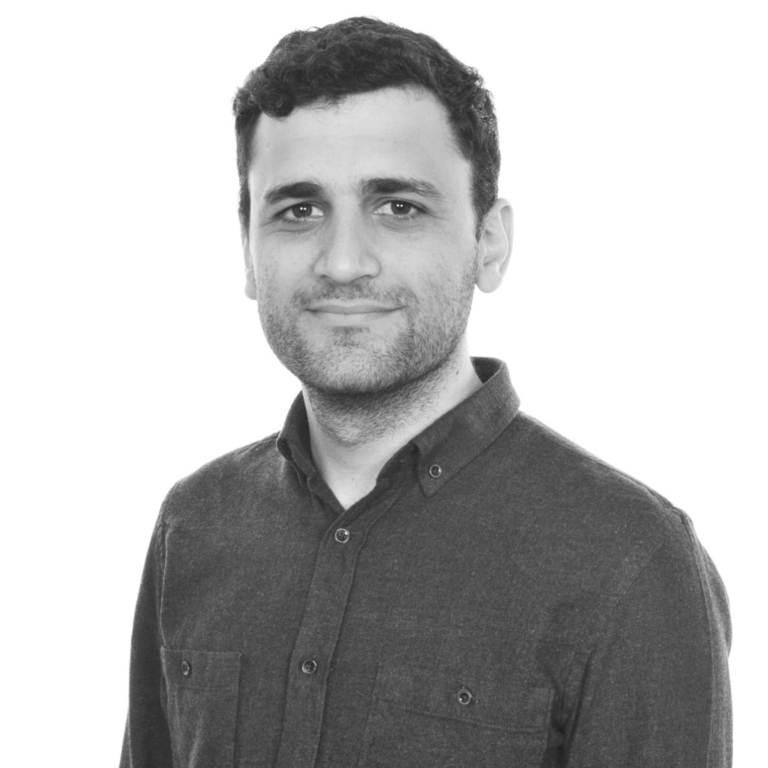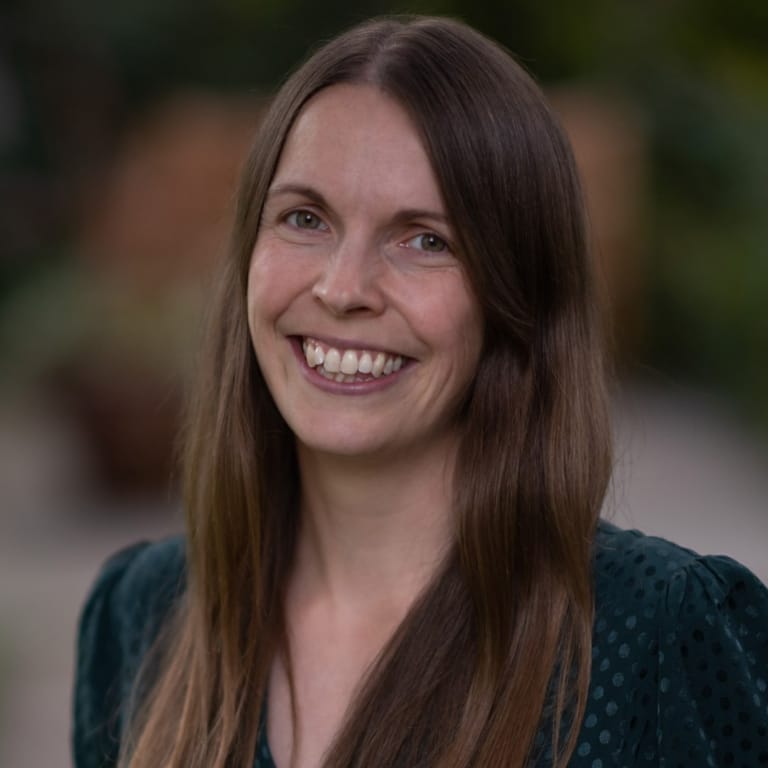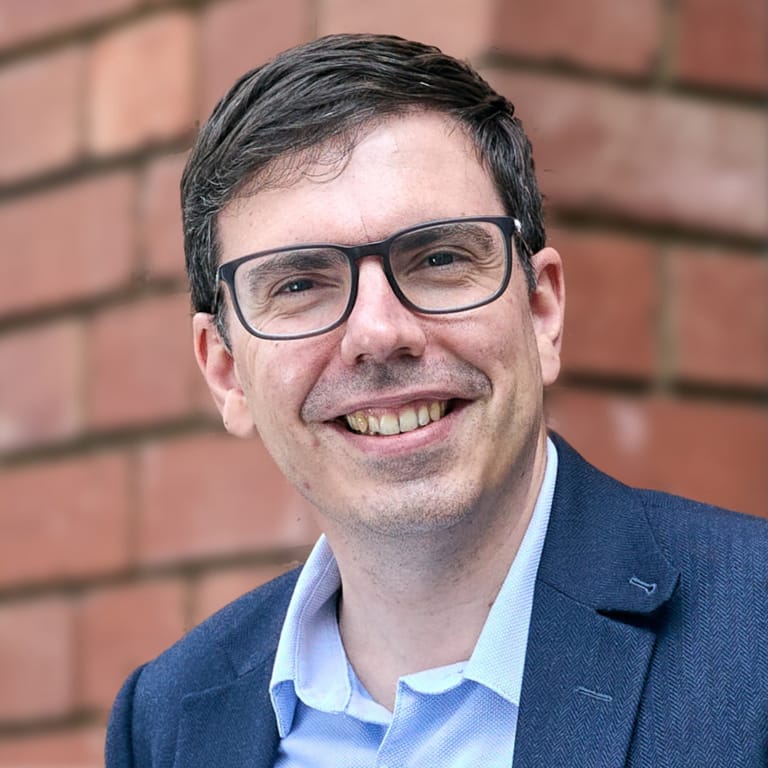Tom Baden is a Professor of Neuroscience and leads the Baden Lab which is based at Sussex Neuroscience in the School of Life Sciences at the University of Sussex, Brighton, UK.
The Baden Lab is investigating how visual information is processed in the brain. It has been found that small groups of neurons arrange into microcircuits that are able to form highly specific visual representations of the outside world.
To investigate these microcircuits the lab deploys a mixture of techniques including 2-photon imaging of genetically encoded biosensors, electrophysiology, patterned light stimulation and computational modelling.

Dr. Baden’s team are using zebrafish and mice to probe visual processing by neuron networks. They are also assessing the natural visual world experienced by animals and the evolution of vision in order to better understand the sensory stimuli and responses.

Throughout his distinguished career Dr. Baden has been consistently recognised for his important contributions to the study of visual processing, and to neuroscience in general. He has received several awards including the J Visual Neurosci Young Investigator Prize in 2011, the Attempto Prize in 2013, and the Sir Philipp Leverhulme Prize and the Eppendorf Prize in 2017.
He was also recently elected as a Fellow of the Royal Society of Biology (FRSB), one of the preeminent professional organisations in the field.
Dr. Baden is also the founder of Open-Labware.net, a collaborative spin-off project between the Baden lab, OpenNeuroscience (a repository for open source neuroscience projects) and TReND in Africa (a non-profit organisation supporting education in Africa of which Dr. Baden is also the founding director).
Open-Labware.net shares free and open source 3D printing information for equipment and experiments for labs, teaching and research.
In 2018 Dr. Baden was awarded a Lister Research Prize to support his research and further develop the Baden Lab. We are very pleased to support scientists of Dr. Baden’s calibre progress understanding in their field and are looking forward to hearing more about his work in the future.



